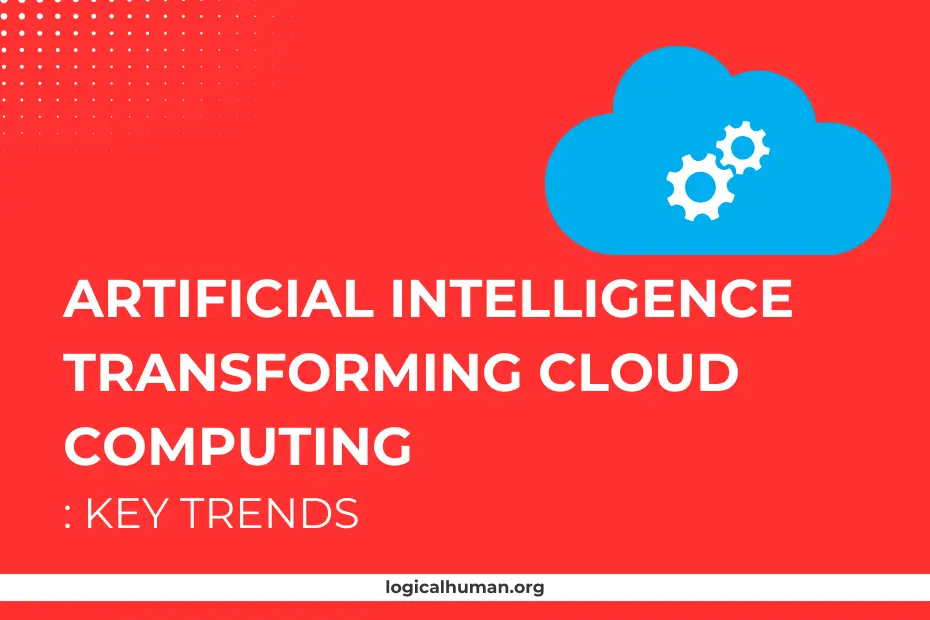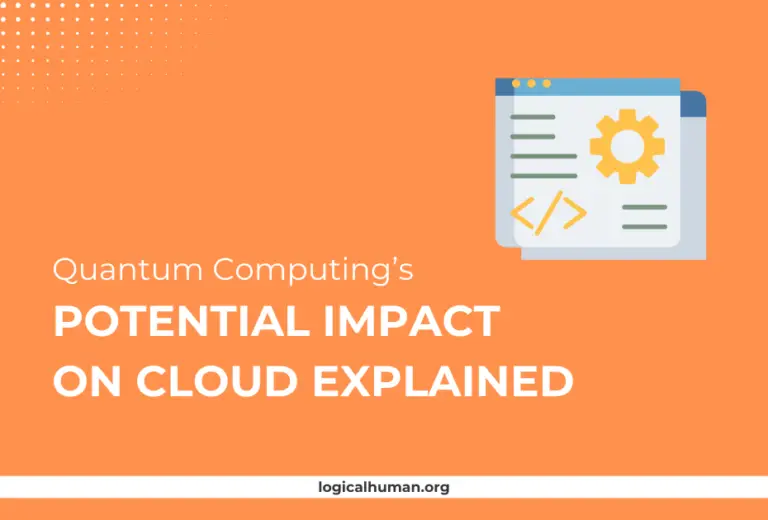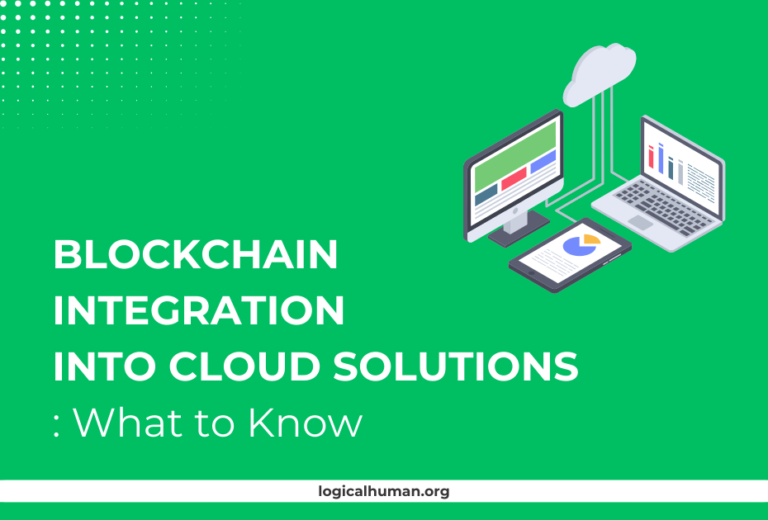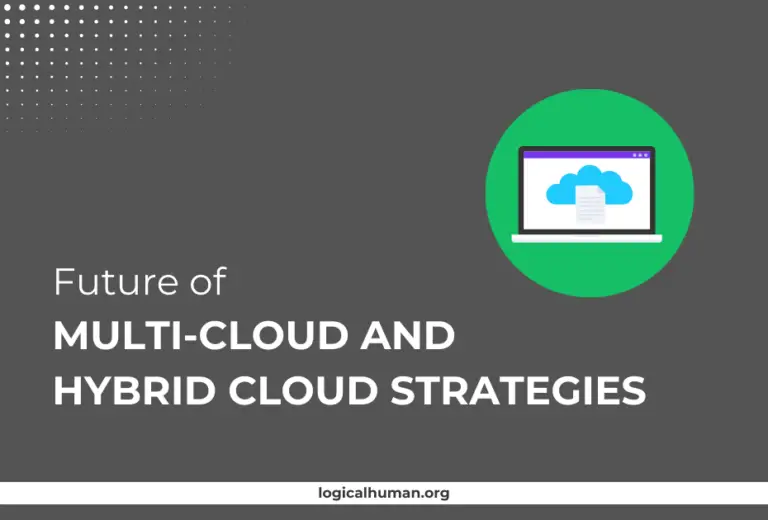Cloud computing has revolutionized how businesses store and manage data, providing scalable and flexible infrastructure to meet dynamic needs. Now, with the integration of Artificial Intelligence (AI), the landscape of cloud computing is undergoing another transformative phase. From automated management to enhanced security and data analytics, AI is making cloud services smarter and more efficient. In this article, we will explore the key trends shaping this transformation and how AI is redefining cloud computing.
AI-Driven Cloud Computing Trends
Automated Cloud Management
One of the most significant impacts of AI on cloud computing is the automation of cloud management tasks. AI algorithms can handle routine management tasks that traditionally required manual intervention, such as resource allocation, scaling, and load balancing.
AI for Resource Allocation and Optimization
AI helps in predicting resource needs and optimizing allocation to ensure that applications run smoothly without over-provisioning. Machine learning models analyze historical usage data and predict future resource requirements, minimizing wastage and maximizing performance.
Automated Scaling and Load Balancing
With AI, cloud platforms can automatically scale resources up or down based on demand. This is crucial for businesses experiencing variable workloads, as it ensures optimal performance without manual intervention. AI-powered load balancing further enhances this by distributing workloads efficiently across servers.
Enhanced Data Security with AI
Data security is a top concern for businesses using cloud services. AI enhances security by enabling advanced threat detection and response mechanisms.
AI in Threat Detection and Response
AI models analyze vast amounts of network traffic and user behavior data to detect unusual patterns that may indicate a security threat. By identifying anomalies in real-time, AI can trigger automated responses to mitigate potential attacks.
Machine Learning for Predictive Security Analytics
Machine learning algorithms can predict security vulnerabilities before they are exploited. By analyzing trends and patterns, these models provide insights into potential security risks, allowing businesses to take preventive measures.
AI-Optimized Cloud Cost Management
Managing costs is a significant concern for organizations utilizing cloud services. AI offers tools and techniques to predict, analyze, and optimize cloud expenses.
AI in Cost Prediction and Analysis
AI can forecast future cloud costs based on usage patterns and historical data. This predictive capability helps businesses plan their budgets more effectively and avoid unexpected expenses.
Intelligent Cost Optimization Strategies
AI algorithms suggest cost-saving strategies, such as rightsizing resources, terminating unused instances, and leveraging reserved instances. These strategies enable businesses to optimize their cloud expenditure without compromising performance.
AI-Powered Data Analytics and Insights
The combination of AI and cloud computing is transforming data analytics by enabling businesses to process and analyze vast datasets more efficiently.
Machine Learning for Data Processing
AI-driven data processing tools can handle complex datasets and extract meaningful insights faster than traditional methods. This capability is essential for businesses that rely on big data to make informed decisions.
AI in Real-Time Data Analysis
Real-time data analysis powered by AI allows businesses to respond to changes as they happen. Whether it’s monitoring social media trends or analyzing financial transactions, AI enables real-time decision-making that can give businesses a competitive edge.
AI in Cloud-based Application Development
AI is also revolutionizing the way cloud-based applications are developed and deployed.
AI-Driven DevOps and CI/CD Pipelines
AI automates various stages of the development lifecycle, from coding to deployment. Continuous Integration and Continuous Deployment (CI/CD) pipelines can leverage AI for automated testing, bug detection, and even code generation, speeding up the development process.
Machine Learning in Application Testing and Deployment
Machine learning models can identify and predict potential issues in application code, enabling preemptive fixes. AI-driven testing tools provide better coverage and efficiency, ensuring robust and reliable applications.
AI-Enhanced Customer Support in Cloud Services
Cloud service providers are increasingly using AI to improve customer support and service delivery.
AI Chatbots for Cloud Customer Support
AI-powered chatbots are capable of handling a wide range of customer queries, from troubleshooting to billing inquiries. These chatbots provide instant support, reducing wait times and enhancing customer satisfaction.
Predictive Maintenance and Support
AI can predict potential issues in cloud infrastructure before they affect customers, enabling proactive maintenance. This predictive capability reduces downtime and ensures a seamless user experience.
Impact of AI on Cloud Computing Providers
Transformation of Service Models
AI is changing how cloud service providers deliver their offerings, from Infrastructure as a Service (IaaS) to Software as a Service (SaaS).
AI in SaaS, PaaS, and IaaS
AI is enhancing all layers of cloud services. For SaaS, AI improves user experience through personalized recommendations and automated support. In PaaS, AI optimizes the development environment, while in IaaS, AI automates infrastructure management.
AI-Driven Innovations by Major Cloud Providers
Leading cloud providers are at the forefront of integrating AI into their services.
Amazon Web Services (AWS) and AI
AWS offers a range of AI services, such as Amazon SageMaker for machine learning and AWS DeepLens for deep learning-based image analysis. These tools make it easier for businesses to develop and deploy AI solutions.
Google Cloud Platform (GCP) and AI Integration
GCP provides robust AI and machine learning tools, including TensorFlow and Google AI Platform. GCP’s AutoML tools simplify machine learning model development, making it accessible even to those with limited expertise.
Microsoft Azure and AI-Enhanced Cloud Solutions
Microsoft Azure integrates AI into its cloud services through tools like Azure Machine Learning and Cognitive Services. Azure’s AI-driven solutions support everything from natural language processing to predictive analytics.
| Feature | Amazon Web Services (AWS) | Google Cloud Platform (GCP) | Microsoft Azure |
|---|---|---|---|
| AI/ML Service | Amazon SageMaker, AWS DeepLens, AWS Lex | TensorFlow, AutoML, Vertex AI | Azure Machine Learning, Cognitive Services |
| Data Analytics | Amazon Redshift, AWS Glue, Amazon Athena | BigQuery, Dataflow, Dataprep | Azure Synapse Analytics, Azure Data Factory |
| Natural Language Processing | Amazon Comprehend, AWS Polly | Cloud Natural Language API, Cloud Speech-to-Text | Azure Text Analytics, Azure Speech |
| Image & Video Analysis | Amazon Rekognition | Cloud Vision AI, Video Intelligence API | Azure Computer Vision, Video Indexer |
| Security | AWS Macie, AWS GuardDuty | Chronicle Security | Azure Security Center, Azure Sentinel |
Benefits of AI in Cloud Computing
Improved Efficiency and Automation
AI automates routine tasks, reducing manual intervention and freeing up resources for more strategic activities. This improved efficiency is a significant advantage for businesses looking to optimize operations.
Scalability and Flexibility
AI enables dynamic scaling and load balancing, making cloud services more adaptable to changing business needs. This scalability ensures that businesses can handle varying workloads without performance issues.
Cost-Effectiveness
By optimizing resource usage and providing intelligent cost management tools, AI helps businesses reduce their overall cloud expenditure. This cost-effectiveness makes cloud computing more accessible to a broader range of organizations.
Challenges of Integrating AI in Cloud Computing
Data Privacy and Security Concerns
While AI enhances security, it also raises concerns about data privacy. The use of AI for data analysis and automation necessitates robust data protection measures to prevent unauthorized access and misuse.
Complexity in Implementation
Implementing AI solutions in cloud environments can be complex and requires specialized skills. Businesses may face challenges in integrating AI into their existing infrastructure and processes.
Need for Skilled Professionals
There is a growing demand for professionals with expertise in both AI and cloud computing. Finding and retaining such talent is a significant challenge for businesses looking to leverage AI in their cloud strategies.
Future Trends in AI and Cloud Computing
Growth of Edge Computing and AI
Edge computing, combined with AI, is set to transform how data is processed and analyzed. By bringing computation closer to the data source, edge AI enables faster processing and real-time insights.
AI in Multi-Cloud and Hybrid Cloud Environments
AI will play a crucial role in managing multi-cloud and hybrid cloud environments, providing unified management and optimization across different platforms.
AI for Sustainable Cloud Computing
As businesses focus on sustainability, AI will help optimize energy usage and reduce the carbon footprint of cloud data centers, contributing to greener cloud solutions.
Conclusion
The integration of Artificial Intelligence into cloud computing is reshaping the technology landscape. From automated management and enhanced security to cost optimization and real-time data analysis, AI is unlocking new possibilities for cloud services. As AI continues to evolve, its impact on cloud computing will only grow, making it an essential component of modern digital transformation strategies.
FAQs
How does AI improve cloud computing?
AI enhances cloud computing by automating resource management, improving security, and enabling real-time data analysis. It optimizes performance and reduces costs through intelligent decision-making.
What are some challenges of using AI in cloud computing?
Challenges include data privacy concerns, complexity in implementation, and the need for skilled professionals who can navigate both AI and cloud environments.
How do cloud providers use AI to enhance their services?
Cloud providers use AI for automated management, security, and analytics. Major players like AWS, GCP, and Azure offer AI-driven tools that help businesses develop and deploy AI solutions with ease.
What are the benefits of AI-powered cloud cost management?
AI helps in predicting cloud costs, analyzing usage patterns, and suggesting cost-saving strategies, making cloud services more cost-effective and efficient.
What future trends can we expect in AI and cloud computing?
Future trends include the growth of edge computing, AI in multi-cloud environments, and AI-driven sustainability initiatives, which will shape the next generation of cloud services.



